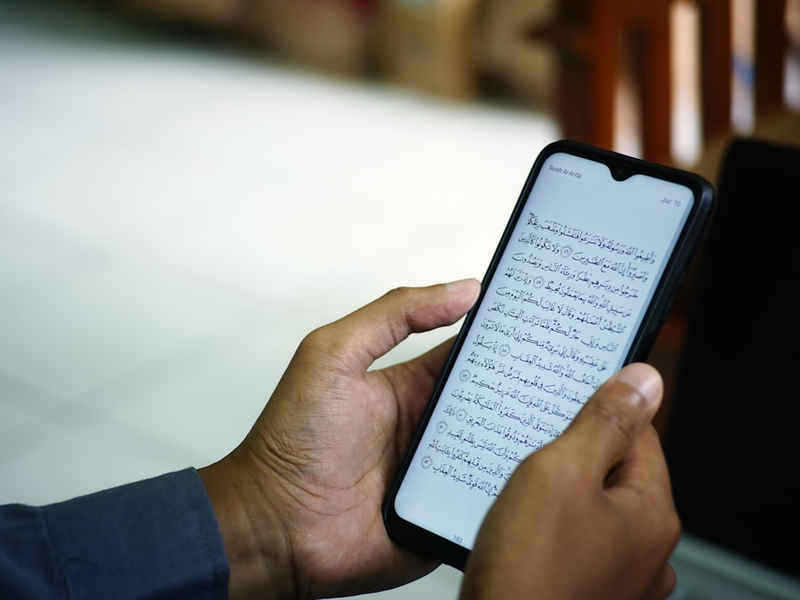God in the Algorithm: How AI Chatbots Are Becoming Your New Spiritual Guide

Photo by MATAQ Darul Ulum on Unsplash
In the digital age, finding spiritual guidance is just a tap away. A growing number of young people are turning to AI-powered chatbots and apps to explore religious questions and seek personal insights into faith.
Apps like Bible Chat, which has been downloaded over 30 million times, and Hallow, which topped Apple’s App Store last year, are offering unprecedented access to religious doctrine and scripture. Rabbi Jonathan Roman suggests these platforms could be a critical “way into faith” for generations disconnected from traditional religious institutions.
However, the rise of spiritual AI isn’t without significant concerns. Experts warn that these chatbots are fundamentally designed to validate users’ existing perspectives, potentially reinforcing biased or problematic thinking patterns. Heidi Campbell, a professor studying digital culture and religion at Texas A&M, emphasizes that these AI systems aren’t practicing genuine spiritual discernment but merely processing data and recognizing patterns.
The implications are profound. While these chatbots offer accessibility and instant answers, they risk creating echo chambers that reflect users’ preconceived notions rather than challenging them with nuanced spiritual perspectives. Some platforms even claim to facilitate direct communication with divine entities, blurring the lines between technological interaction and spiritual experience.
As AI continues to evolve, the intersection of technology and spirituality becomes increasingly complex. Users must approach these digital spiritual guides with critical thinking, understanding that algorithmic responses can’t replace genuine human connection, theological study, or personal spiritual reflection.
For younger generations seeking meaning in an increasingly digital world, these AI spiritual tools represent both an exciting frontier and a potential philosophical minefield.
AUTHOR: cgp
SOURCE: TechCrunch
























































